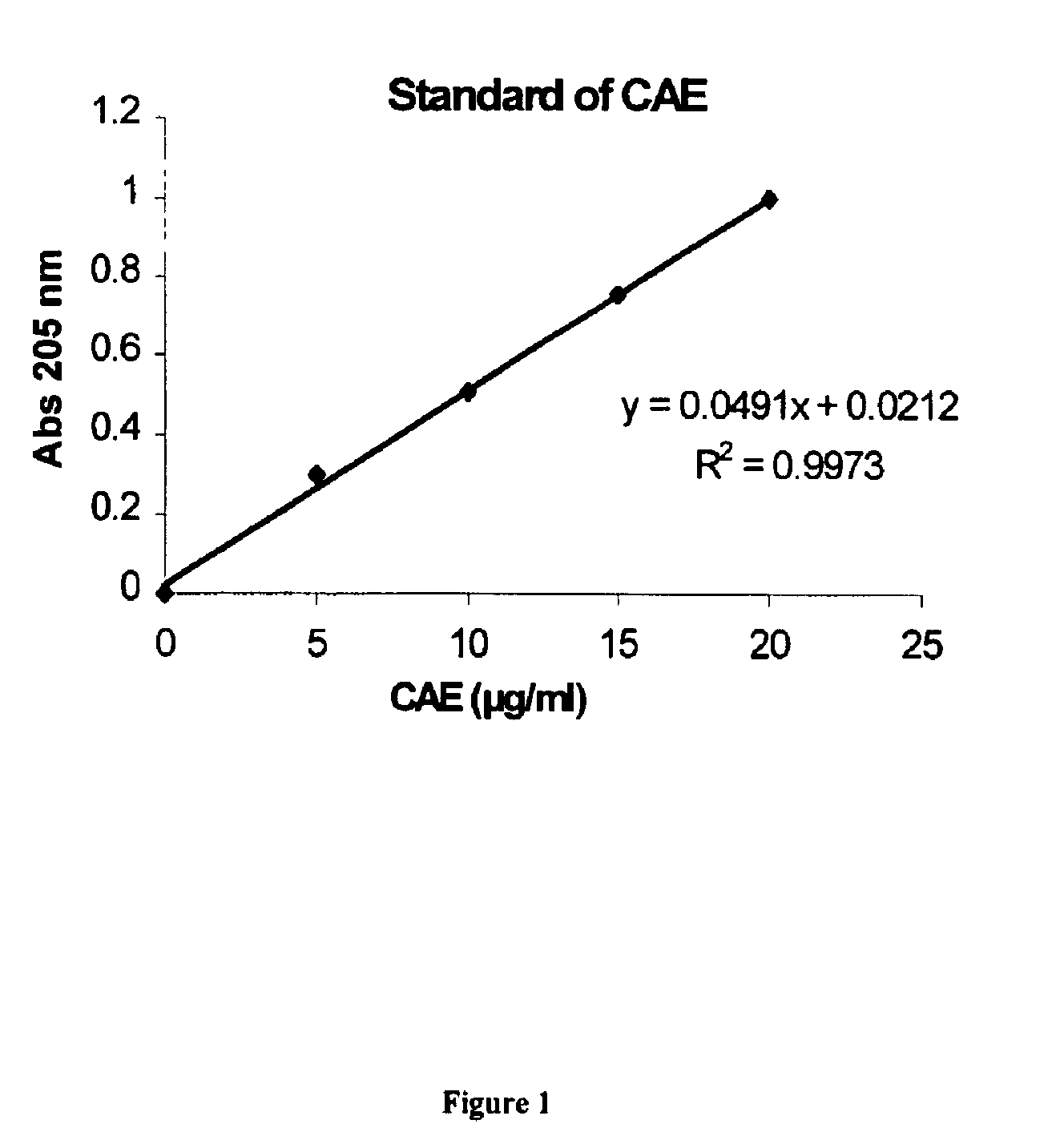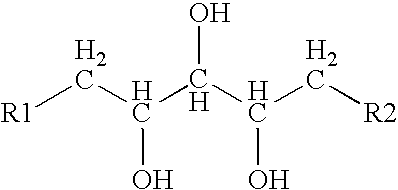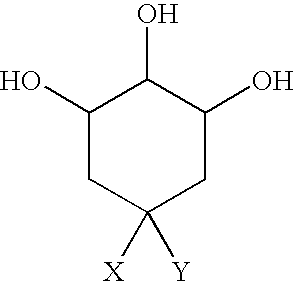Method of preparation and composition of a water soluble extract of the bioactive component of the plant species uncaria for enhancing immune, Anti-inflammatory, Anti-tumor and DNA repair processes of warm blooded animals
a bioactive component and plant species technology, applied in the field of preparation and composition of a water soluble extract of the bioactive component of the plant species uncaria, can solve the problems of aging curtailed, and achieve the effects of enhancing the immune competency of a mammal, inhibiting tnf- production, and enhancing the immune capacity of the mammal
- Summary
- Abstract
- Description
- Claims
- Application Information
AI Technical Summary
Benefits of technology
Problems solved by technology
Method used
Image
Examples
example 1
[0023]Isolation and Purification of the Bioactive Component of the Pero extract. The method of preparation and the composition of the Pero extract, preferably C-MED-100®, are described in the Pero patents which are incorporated herein by reference. C-MED-100®, a preferred embodiment of the Pero extract, is a hot water extraction of Cat's Claw (Uncaria tomentosa) carried out for 18-24 hours at 90-100° C. and ultra-filtrated to remove compounds greater than 10,000 molecular weight as previously described in the Pero patents. C-MED-100® is further prepared for the commercial market by spray drying the extract with corn starch (Niro F-10 Spray-Drier). Procedures are currently used to purify the active components of C-MED-100® as CAEs and it is understood that these procedures would apply to any Pero extract. The procedures are:
[0024]1. C-MED-100® work-up for active ingredient estimation: The CAEs in C-MED-100® have very unusual water solubility. They tend to bind to tannin and polysacch...
example 2
[0042]Analytical identification of the active ingredient of C-MED-100® as quinic acid. The bioactive component (sample approximately 1 mg) isolated by TLC is completely dissolved in about 0.7 ml D2O for NMR with no shift reagent added. The following spectra are recorded:
[0043]
NMR 020108ta-1:1H-2:1H / 1H-correlated spectra; COSY-3:1H / 13C-correlated spectra; HMBC.-4:13C-Dept135.-5:1H / 13C-correlated spectra; HMQ
[0044]The 1H-spectrum contains signals from a main compound. The three 1H-signals at 4.03, 3.90 and 3.43 ppm are found to be signals from methine-groups (see HMQC). Furthermore, the obtained 13C-signals at 66.9 B 75.1 correlate to these protons, and their chemical shifts imply that the carbons are bound to oxygen, possibly as CHOH-groups. The three signals are bound to each other in a straight chain as found in the COSY spectrum.
[0045]The main compound also showed 1H-signals at about 1.72 B 1.99 ppm with correlations to 13C-signals at about 40 ppm. The HMQC spectrum reveals that t...
example 3
[0053]This example exploits the biochemical knowledge presented in examples 1 and 2 to determine that the active component of C-MED-100® is in fact quinic acid lactone. C-MED-100®, quinic acid and quinic acid lactone all absorb to charcoal, and when they did both the biological activity and UV absorption at 200 nm of C-MED-100® was also removed. This data teaches that the bioactive component of C-MED-100® absorbs maximally at 200 nm. The TLC results report that there are only 2 components of C-MED-100® having such an absorption maxima. The components, located at Rf=0.05 and Rf=0.3, when chromatographed in 1% ammonia in ethanol, correspond to quinic acid and quinic acid lactone, respectively.
[0054]However, upon evaluation, the bioactive properties of the bioactive component of C-MED-100® could be almost completely accounted for by quinic acid lactone. As a result, the anti-aging, anti-inflammatory, immune and DNA repair enhancing and anti-tumor properties of C-MED-100® are due to the...
PUM
| Property | Measurement | Unit |
|---|---|---|
| concentration | aaaaa | aaaaa |
| concentration | aaaaa | aaaaa |
| concentrations | aaaaa | aaaaa |
Abstract
Description
Claims
Application Information
 Login to View More
Login to View More - R&D
- Intellectual Property
- Life Sciences
- Materials
- Tech Scout
- Unparalleled Data Quality
- Higher Quality Content
- 60% Fewer Hallucinations
Browse by: Latest US Patents, China's latest patents, Technical Efficacy Thesaurus, Application Domain, Technology Topic, Popular Technical Reports.
© 2025 PatSnap. All rights reserved.Legal|Privacy policy|Modern Slavery Act Transparency Statement|Sitemap|About US| Contact US: help@patsnap.com



